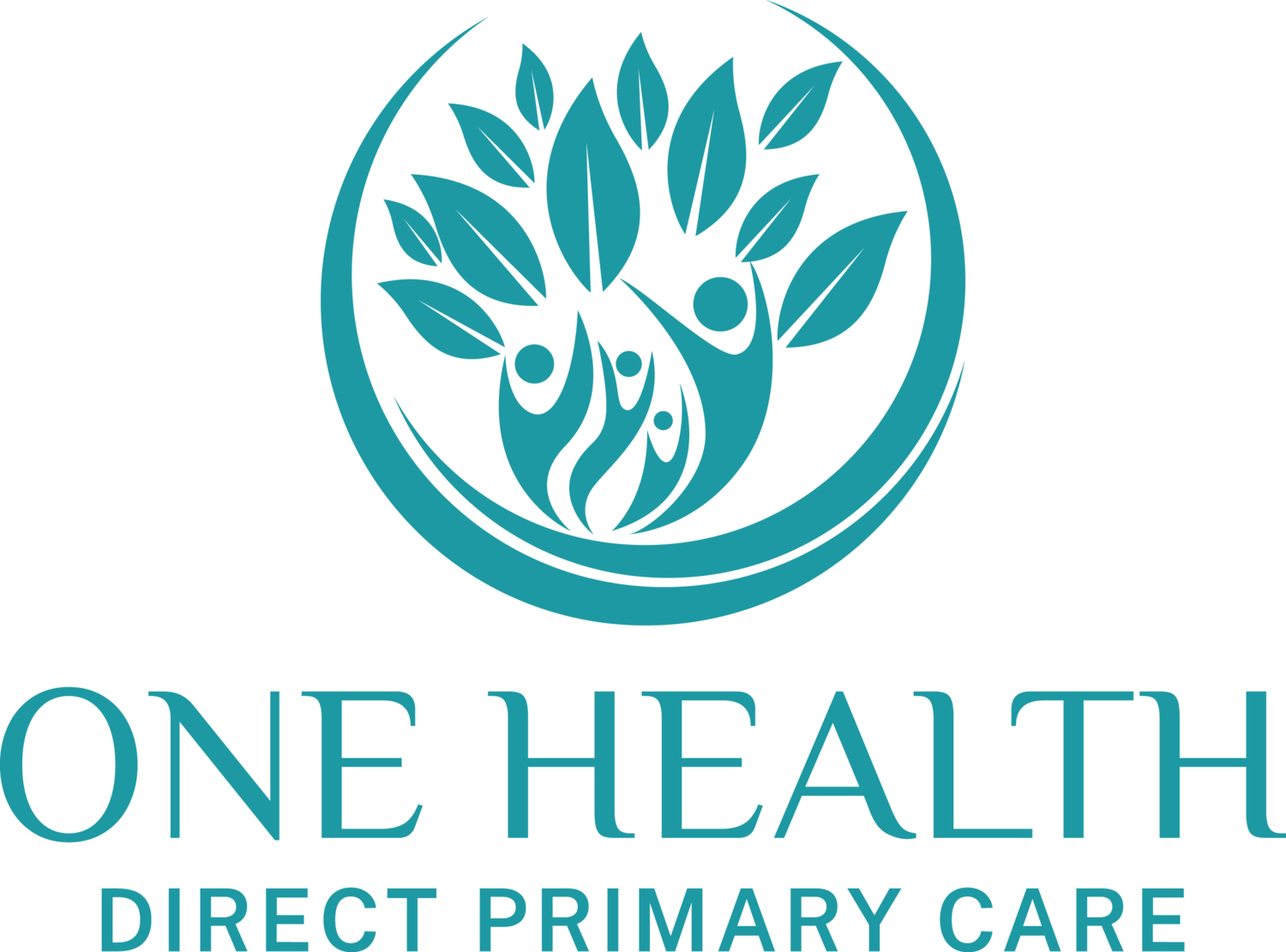Make Prevention a Priority: Cervical Cancer
Unfortunately, due to many life changes and adjusting the past 1-2years, preventative health may have taken a back seat for so many people. It’s time to bring women’s health back in focus this new year and it is fitting that January is Cervical Cancer Awareness Month.
Cervical cancer is the 2nd most common type of cancer in women worldwide. In the United States, more than 14000 women are diagnosed with invasive cervical cancer each year and approximately 4000 die from cervical cancer each year. This statistic is very sobering for a disease that is preventable with vaccination and appropriate screening.
There are a few causes of cervical cancer but the major ones despite family history are HPV and smoking. HPV (human papilloma virus) is the leading cause of cervical cancer. HPV is a common virus that can be passed from one person to another through sexual activity. Both men and women can be infected with HPV. It can be present for years without causing any symptoms and can be passed on to others without knowing. HPV is also linked to other cancers including cancer of the throat, penis, anus, vulva, and vagina.
HPV can increase risk of cervical cancer by causing cell changes on the cervix, luckily, we have the HPV vaccine available to protect against the types of HPV that usually cause cervical cancers. There are 3 approved vaccines that prevent infection with certain types of HPV including types 16 and 18, the two high risk HPV’s that cause about 70% of cervical cancers. The approved vaccinations are Gardasil, Gardasil 9 and Cervarix. It is important to know, HPV vaccination prevents new infections but does not treat existing HPV infections or disease, therefore it is best to get HPV vaccination before any exposure to the virus.
Who can get the HPV vaccine? HPV vaccination is recommended for young children at ages 11 and 12 but can be given as early as 9 years old. The vaccine can be given to boys and girls ages 9 until 26 years old if they are not vaccinated. Vaccination for people ages 27 – 45 years may prevent new HPV infections, but it does have less benefit because most people at this age have already been exposed to HPV. HPV vaccination is given in a 2 or 3 shot series over a 6-month period.
It will be remiss of me to not mention the role smoking plays in cervical cancer. Smoking weakens the immune system making it harder to fight off HPV infections, therefore, women who smoke are twice as likely to get cervical cancer.
Microscopic View
Abnormal human cervix cells. Squamous epithelial cells.
Screening for cervical cancer starts at age 21. Screening is done with a pap smear to look for cell changes on the cervix that might become cervical cancer if not treated. For women ages 30 and up, it is recommended to add HPV screening to the pap test. Unfortunately, more than half of the women who have had cervical cancer in the USA have either never had a pap smear or rarely had one.
Per the current recommendations, if your first screening pap smear is normal at age 21, you can wait three years for your next one. For those over 30yrs old, if you do get HPV testing in addition to the pap smear and your results are both normal, you can wait five years until your next one.
Despite vaccination status, all women ages 21 and up should still get screened for cervical cancer with a pap test.
Where can you get a pap test? – There are several options of where you can get a screening pap smear. First start with your primary care doctor’s office, your OBGYN, family practice or internal medicine physicians can perform a pap smear for cervical cancer screening.
For uninsured women, Buncombe County offers the BCCCP which offers free pap smears and HPV testing. According to the information on their website, BCCCP serves women and transgender people between the ages of 40 and 64 who do not have health insurance and are a Buncombe county resident. Please visit https://bcccp.ncdhhs.gov/Eligibility.asp for more information.
For anyone who is uninsured and does not qualify for BCCCP, please look into other avenues in our community that provide affordable access care. At One Health Direct Primary Care, we provide women’s health services to our members and are able to offer pap smear screening at a low cost of $30. Please contact us if you need help with women health or primary care services and are uninsured, underinsured with a high deductible plan or looking for a new primary care home that offers same or next day visits with unrushed appointments to get your questions answered.
Thank you for reading!
-Dr. Osei @ One Health Direct Primary Care (welcome@onedpc.com/828-360-8359)
Family Medicine. Educational. Women’s Health.

